When Victor Didi walked along the Dunga Beach at lake Victoria in 2021, at the peak of the lockdown imposed by the Kenyan government over Corona pandemic, he noticed the decreased level of dumping.
He says this was ‘giving the lake some space to breathe’.
“The plastic bottles that were piled up here were almost disappearing, the birds that I assumed have moved out of this beach even had nests, I knew I had to do something to keep this place clean,” he said.
The levels of pollution at Dunga Beach, according to the National Environment Management Authority, significantly dropped at the peak of the pandemic due to low traffic to hotels at the beach occasioned by the travel ban imposed to contain the spread of COVID19.
In November 2021, the Greening the Blue report published by the United Nations Environment Program UNEP, examined the environmental impact of the UN’s 56 entities on the environment.
It found that pandemic-related adaptations to UN operations reduced waste generation and water consumption by over 15 per cent per capita.
Didi was however concerned about the sustainability of the “break” and wanted to initiate a long-term project that would ensure environmental sustainability post the pandemic.
In line with Kenya’s ambition of increasing the tree cover to 10 per cent by 2030, Didi birthed a project known as twins world.
“It is one tree per child, I get help from the community health workers here to map out pregnant women, some of them as skeptical because they are not sure whether their landlords would allow them to plant trees, but they have the goodwill,” he said.
Sophia Anyango’s son is two months old now. Didi delivered a mango tree seedling today to “twin” her son Jayden.
“I have really waited for this tree, my other three children love mangoes and I know they will nurture this tree and teach the last born (Jayden) to do the same not just to this mango tree but all other trees,” he said.
Anyango says her children often follow Didi during clean up exercises and she is happy with what the beach looks like now.
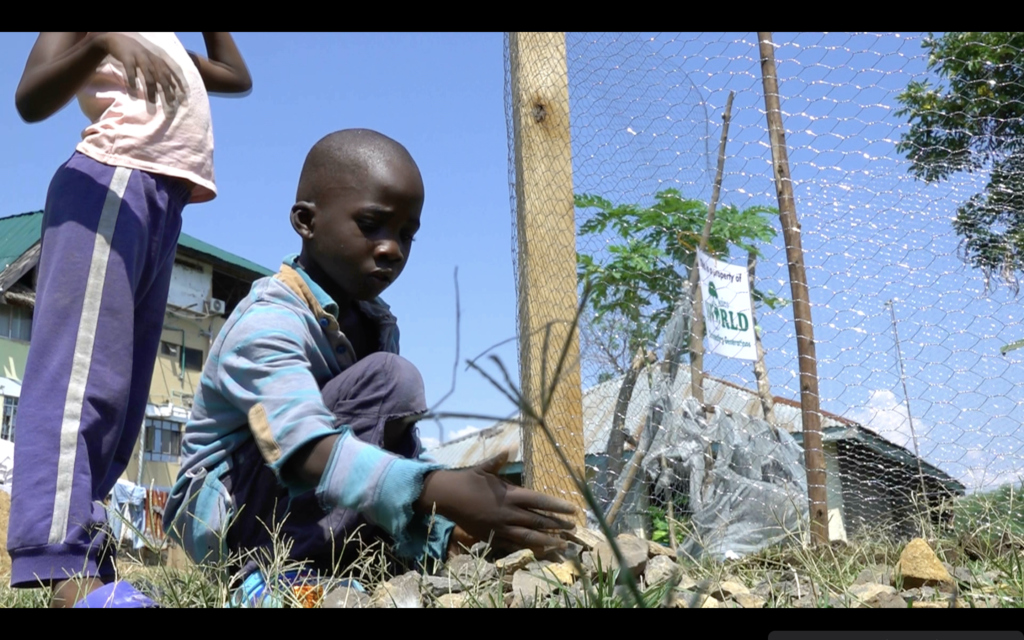
According to Didi, this project was different as it would inculcate a sense of responsibility, whereas one nurtures their child, they also nurture the tree planted in honour of the child’s birth and therefore cultivate a sense of ownership in increasing tree cover within the Lake Basin.
“I do fruit trees, because everybody would want something to eat at the end of the day, since 2021 April, we have planted 50 trees, we could have done more but I do not have money yet to upscale this project,” he said.
He currently depends on well-wishers and is hoping to partner with a government entity to adopt and upscale the project which he believes will help the country in attaining the much-needed forest cover, and nutritional value and mitigate the effects of climate change.
“I have faith in this project, it is home grown and the community has embraced it well, we just need more seedlings,” he said.
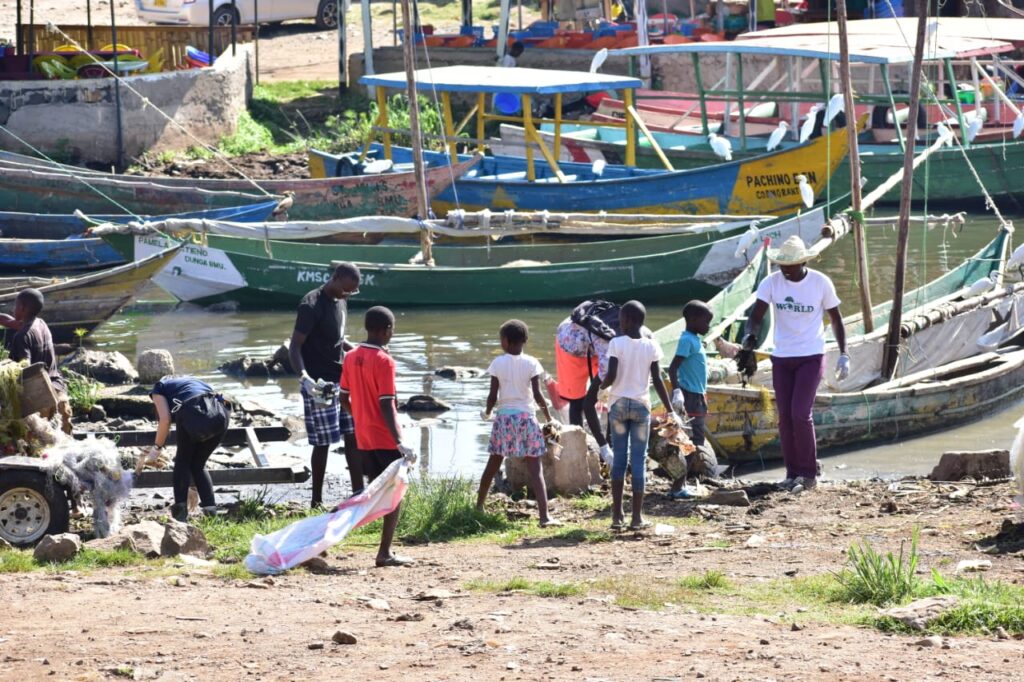
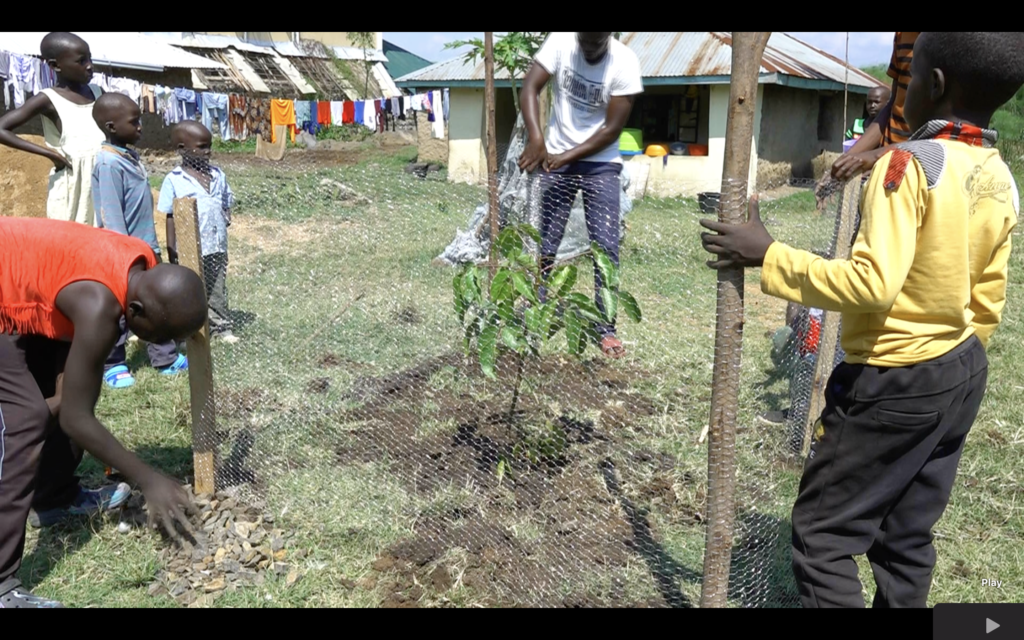
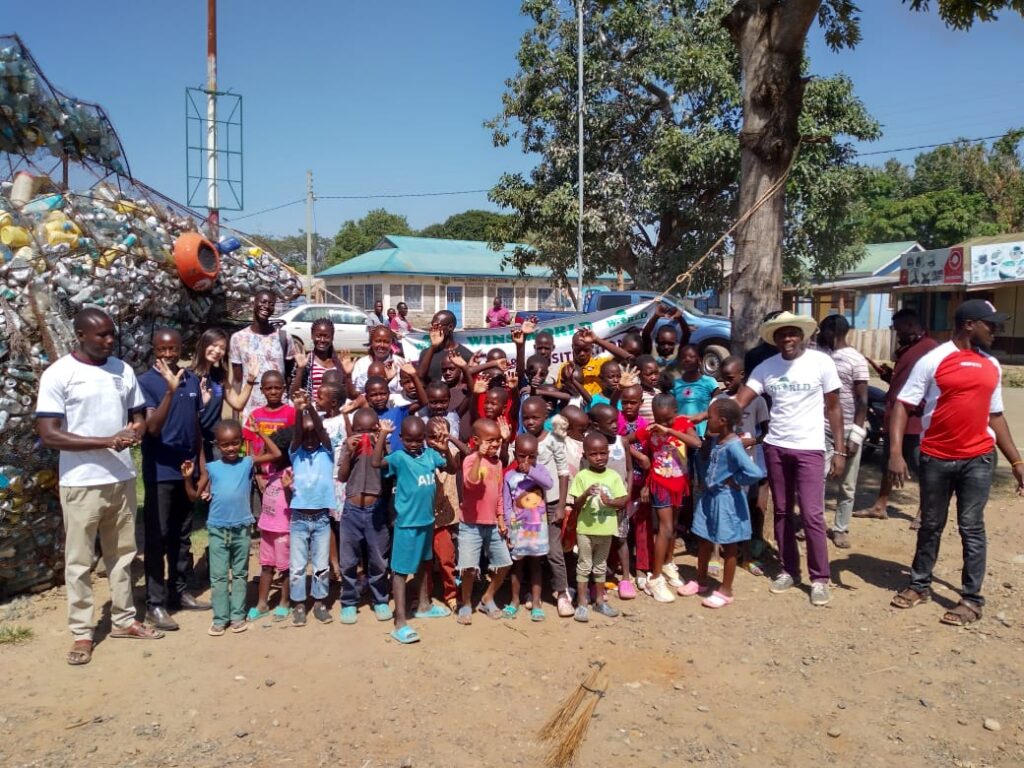
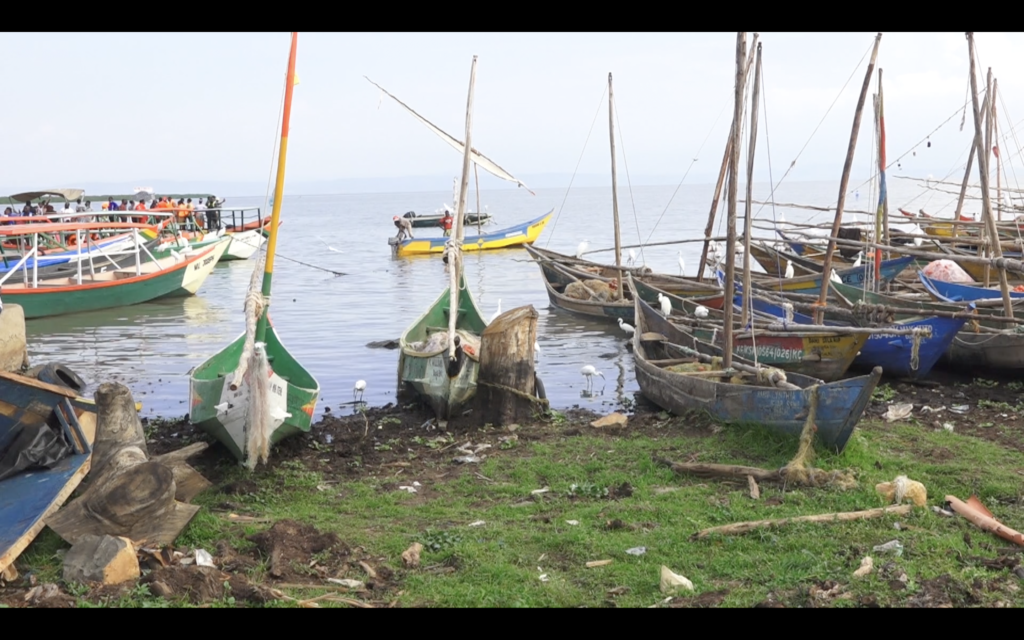
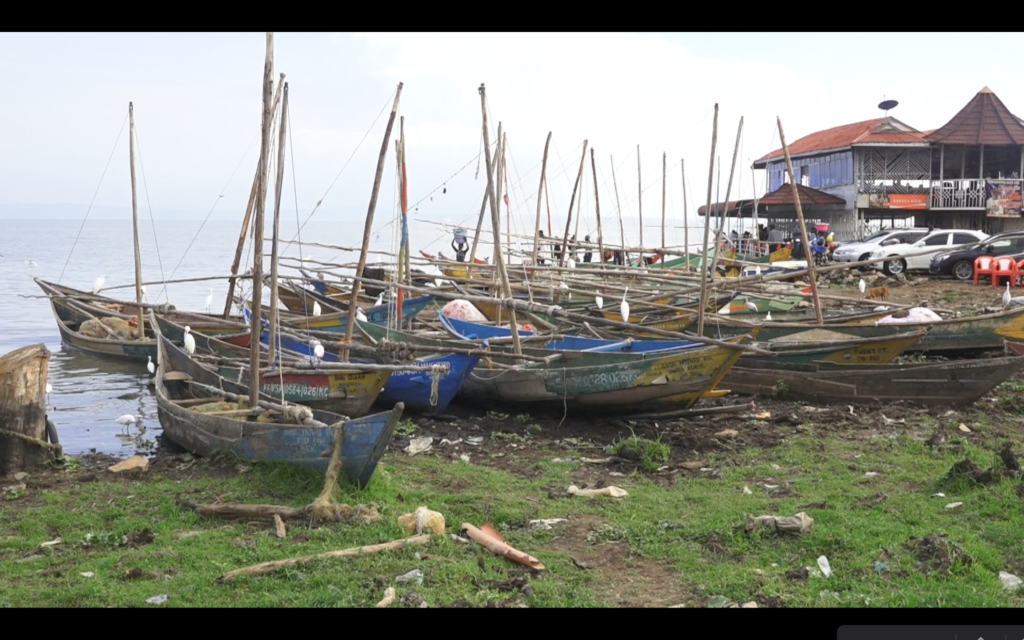
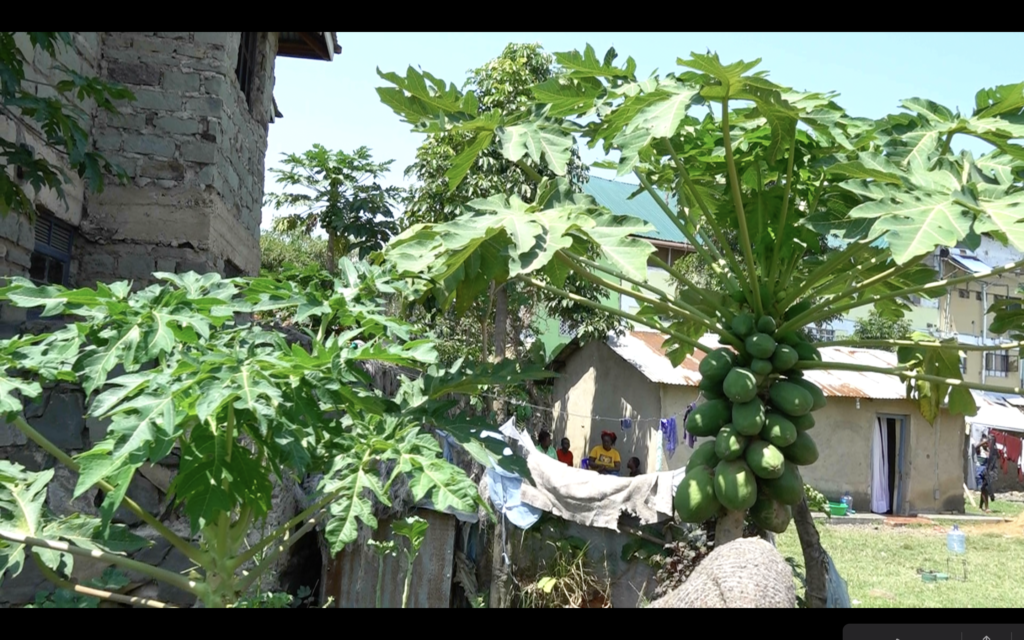
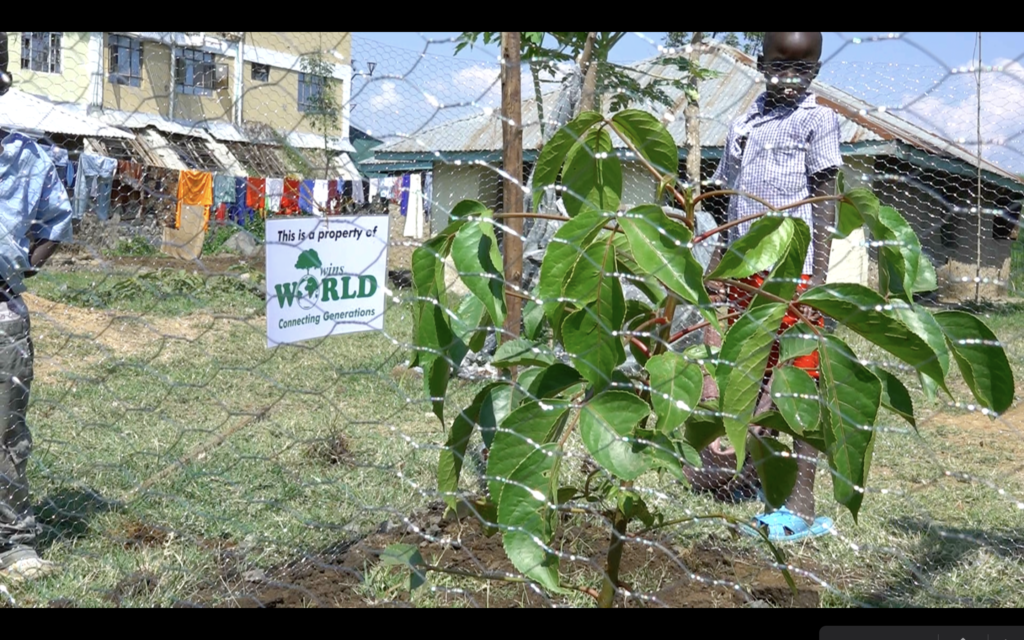
This publication was produced with the financial support of the European Union. Its contents are the sole responsibility of Laura Otieno and do not necessarily reflect the views of the European Union
